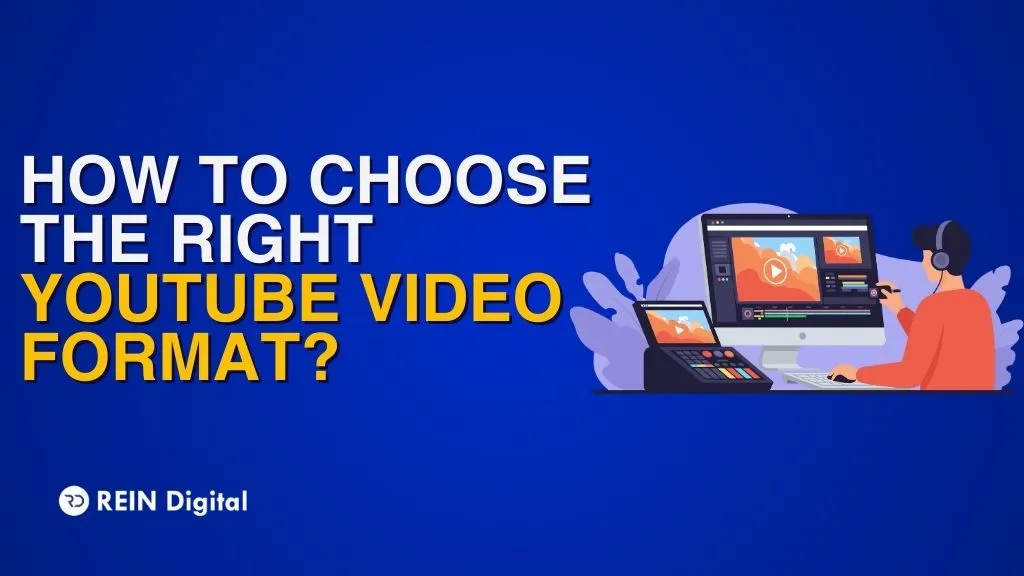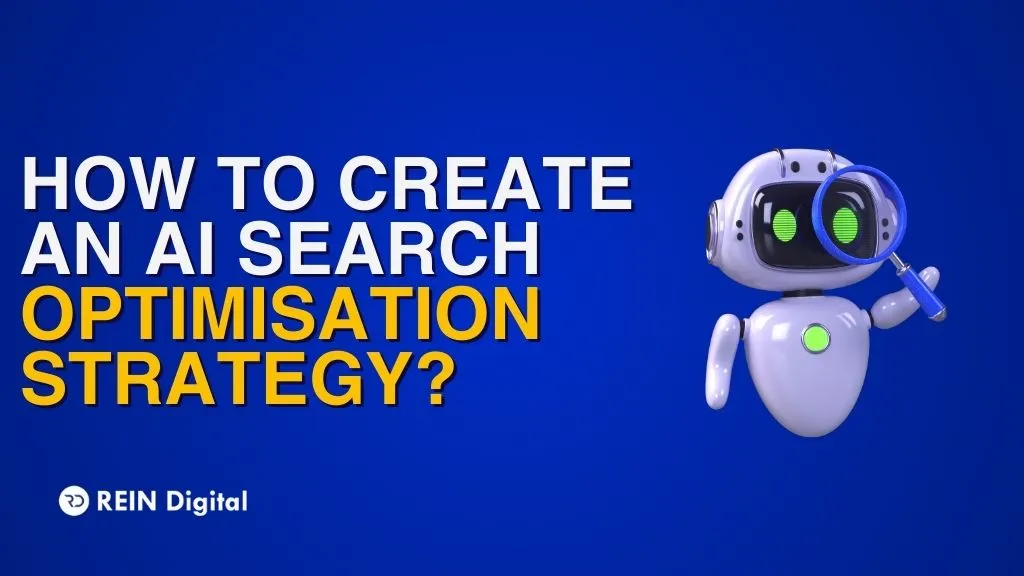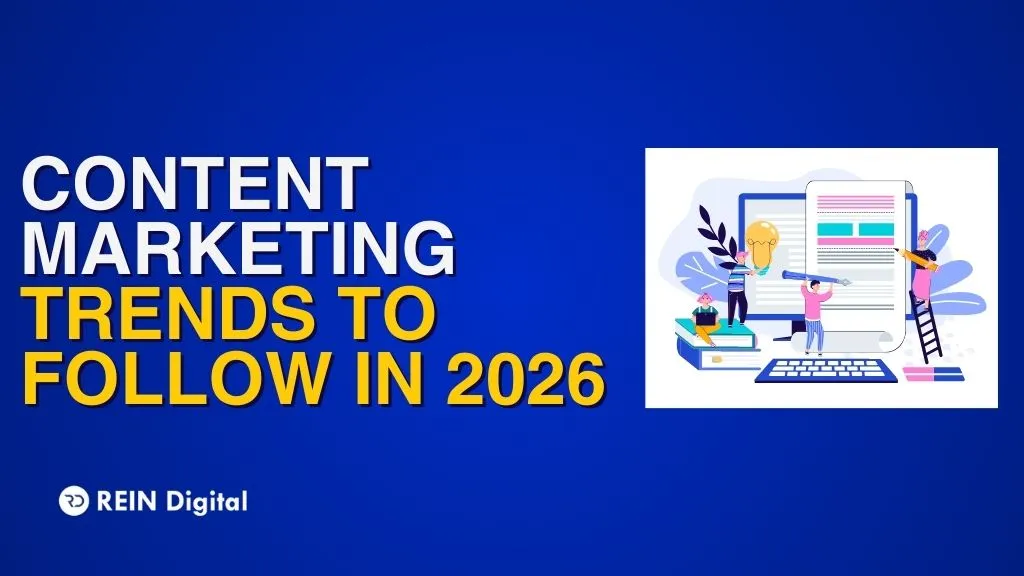
What is B2B marketing? At its core, B2B (Business-to-Business) marketing involves the sale of one company's products or services to another company. This type of marketing is distinct from B2C (Business-to-Consumer) marketing, where businesses target individual consumers. B2B marketing focuses on meeting the needs, preferences, and challenges of other businesses, making it a more complex and relationship-driven process.
Key Components of B2B Marketing
- Target Audience
In B2B marketing, the target audience is often decision-makers within organizations, such as executives, procurement officers, or managers. Understanding their roles, responsibilities, and challenges is crucial. Research their industry, company size, and specific needs to tailor your marketing messages effectively.
- Long Sales Cycles
The sales cycle in B2B marketing can be lengthy, often spanning several months or even years. This is due to the need for multiple stages of consideration, evaluation, and approval by various stakeholders within the buying company. Building relationships, maintaining consistent communication, and nurturing leads over time are essential to success.
- Value-Driven Content
Providing valuable, informative content that addresses the specific needs and pain points of businesses is crucial in B2B marketing. This can include whitepapers, case studies, webinars, and in-depth articles that offer insights, solutions, and industry expertise. The goal is to position your business as a trusted advisor and industry leader.
Effective B2B Marketing Strategies
Implementing the right B2B marketing strategies can significantly enhance your business's growth and success. Here are some effective strategies to consider:
- Content Marketing
Creating high-quality content such as blog posts, whitepapers, case studies, and videos that educate and inform your target audience. This positions your business as an industry leader and builds trust with potential clients. Content marketing helps generate leads by attracting prospects who are seeking solutions to their problems. Regularly update your content to stay relevant and address current industry trends.
- SEO and SEM
Optimizing your website for search engines (SEO) and investing in search engine marketing (SEM) to increase visibility and attract potential clients actively searching for your products or services. Use relevant keywords, create high-quality backlinks, and ensure your site is mobile-friendly. SEM campaigns, including Google Ads, can help you reach a targeted audience and drive traffic to your site.
- Email Marketing
Develop targeted email campaigns that provide valuable information, updates, and offers to your prospects and clients. Personalization and segmentation are key to successful email marketing. Use analytics to track open rates, click-through rates, and conversions to continuously refine and improve your email strategy. Drip campaigns and automated emails can help nurture leads over time.
- Social Media Marketing
Use platforms like LinkedIn, Twitter, and Facebook to engage with your audience, share valuable content, and promote your brand. Social media can also be a powerful tool for networking and lead generation. Create a content calendar to regularly post updates, industry news, and thought leadership articles. Engage with followers by responding to comments, participating in discussions, and sharing user-generated content.
- Account-Based Marketing (ABM)
Focusing on key accounts and tailoring your marketing efforts to meet the specific needs of these high-value clients. ABM involves close collaboration between sales and marketing teams. Identify high-potential accounts and develop customized marketing campaigns for each. Use personalized content, direct mail, and targeted advertising to engage these accounts and build strong relationships.
B2B Marketing Examples
Seeing B2B marketing examples in action can provide valuable insights into how these strategies are implemented. Here are a few examples:
- HubSpot
Known for its comprehensive inbound marketing strategies, HubSpot uses content marketing to attract and educate businesses about its CRM and marketing software. Their blog, resource library, and webinars are prime examples of effective B2B content marketing. They provide a wealth of free resources that help businesses improve their marketing efforts, which in turn drives leads and conversions for HubSpot.
- IBM
IBM’s marketing strategy leverages data-driven insights and personalized content to target large enterprises. They use a combination of content marketing, events, and ABM to engage with their audience. IBM’s thought leadership content, such as research reports and expert articles, positions them as a trusted advisor in the technology industry. Their ABM campaigns are highly customized to address the specific needs of their target accounts.
Practical Applications of B2B Marketing Strategies
Applying effective B2B marketing strategies involves a multi-faceted approach. Here’s how you can leverage these strategies for your business:
- Develop Buyer Personas
Create detailed profiles of your ideal clients to understand their needs and preferences. This helps in tailoring your marketing messages and content. Buyer personas should include demographic information, job roles, pain points, goals, and buying behavior. Use surveys, interviews, and market research to gather data and refine your personas.
- Leverage Data and Analytics
Use analytics tools to track the performance of your marketing campaigns. Data-driven insights enable you to make informed decisions and optimize your strategies for better results. Monitor metrics such as website traffic, lead generation, conversion rates, and ROI. Use A/B testing to experiment with different approaches and identify what works best.
- Foster Relationships
Building and maintaining strong relationships with your clients is crucial in B2B marketing. Focus on providing excellent customer service and staying engaged with your clients through regular communication. Use CRM systems to manage interactions and ensure timely follow-ups. Personalize your communication and offer value at every touchpoint to strengthen client loyalty.
Conclusion
Understanding what B2B marketing is and implementing effective B2B marketing strategies is essential for business success in today’s competitive landscape. By learning from successful B2B marketing examples and applying these strategies, you can enhance your marketing efforts and drive growth for your business. Remember, B2B marketing is about creating value, building relationships, and delivering solutions that meet the specific needs of other businesses. Start optimizing your B2B marketing approach today and watch your business thrive.














